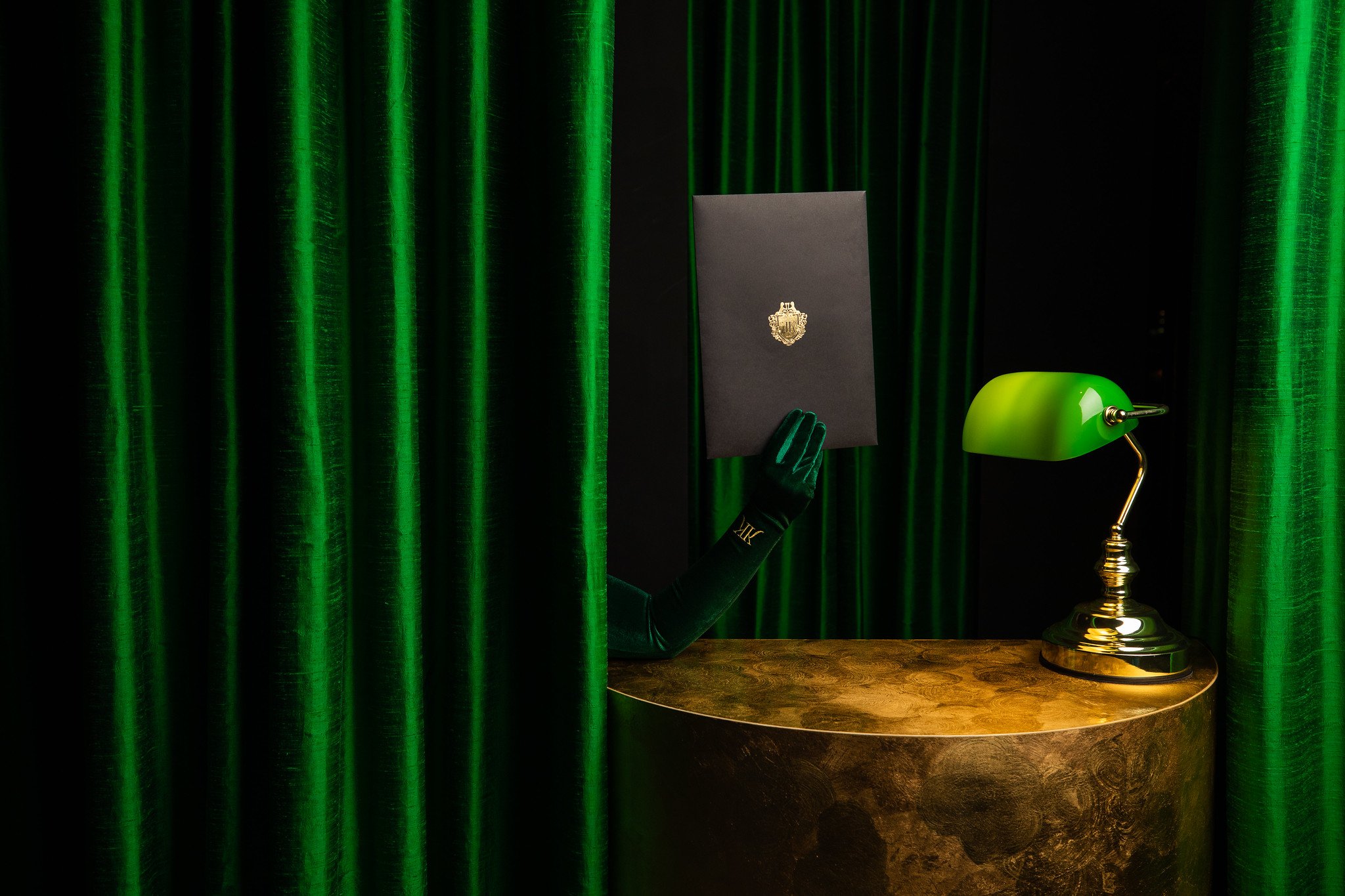
The Tasmanian Civil and Administrative Tribunal (TASCAT) ruled yesterday that the Museum of Old and New Art (MONA) in Hobart must stop turning men away from its women-only Ladies Lounge installation. The decision arrives weeks after Jason Lau alleged in court that his rights were violated when he was denied access to the exhibition. Artist and curator Kirsha Kaechele said that’s the point of the artwork, but TASCAT deputy president Richard Grueber called it “direct discrimination.” MONA has 28 days to determine its next move.
Ladies Lounge opened in 2020. MONA’s website described it as “a tremendously lavish space,” offering food and champagne amid an environment adorned with the most impressive artworks in the museum, including Picassos and Sidney Nolans, and antiquities from around the world. Tickets to its “High Tea for Two” experience cost $500.
Lau visited MONA last April, and was turned away from Ladies Lounge. He complained to Tasmania’s Anti-Discrimination Commissioner, who referred him to the tribunal. “I visited MONA, paid 35 Australian dollars,” Lau argued last month. “Anyone who buys a ticket would expect a fair provision of goods and services.”
Kirsha Kaechele at the Ladies Lounge hearing. Photo: Mona/Charlotte Vignau. Courtesy Museum of Old and New Art, Hobart, Tasmania, Australia.
MONA’s lawyer Catherine Scott argued that Lau’s reaction meant he did get to experience the artwork, and that the installation honors a Tasmanian legal stipulation allowing selective entry when it brings justice to the disenfranchised. Kaechele and Scott added that Ladies Lounge—named after real holding pens at Australian pubs where women waited for men, which were in place until 1965—rights the past’s wrongs.
In yesterday’s decision, Grueber wrote “it is not apparent how preventing men from experiencing the art within the space of the Ladies Lounge, which is Mr. Lau’s principle complaint, promotes opportunity for female artists to have work displayed.”
“If the Ladies Lounge were a women-only club it might well be able to lawfully function,” he continued, adding: “If the Ladies Lounge offended, humiliated, intimidated, insulted, or ridiculed Mr. Lau, or incited hatred, serious contempt or severe ridicule of Mr. Lau, rather than discriminating against him, [MONA] might well have a good defense based on good faith artistic purpose. However, the Act does not permit discrimination for good faith artistic purpose per se.”
Kirsha Kaechele at the Ladies Lounge court hearing with her suppoters. Photo: Mona/Charlotte Vignau. Courtesy Museum of Old and New Art, Hobart, Tasmania, Australia.
Grueber also acknowledged the performance Kaechele’s supporters staged during the proceedings. The artist had showed up with a line of women and led them in a synchronized dance outside the courthouse to the tune of Robert Palmer’s “Simply Irresistible.”
Grueber learned of attempts to film the procession, which would have violated the Court Security Act. He gave Kachele and Scott the benefit of the doubt, because it didn’t “disrupt or influence the hearing” or appear they were party to or aware of the misstep. “At the very least it was inappropriate, discourteous and disrespectful, and at worst contumelious and contemptuous,” he wrote of the spectacle. But, if Grueber had felt that Kaechele’s performance meant to influence the outcome, it would have forced him to pursue prosecution.
A spokesperson for MONA told the Guardian it was “deeply disappointed” by the outcome. Kaechele said she’s willing to take the case to Tasmania’s supreme court, and the museum’s made clear it would rather close the installation than let men in. The spokesperson added MONA is taking time to “absorb the result” before moving forward.